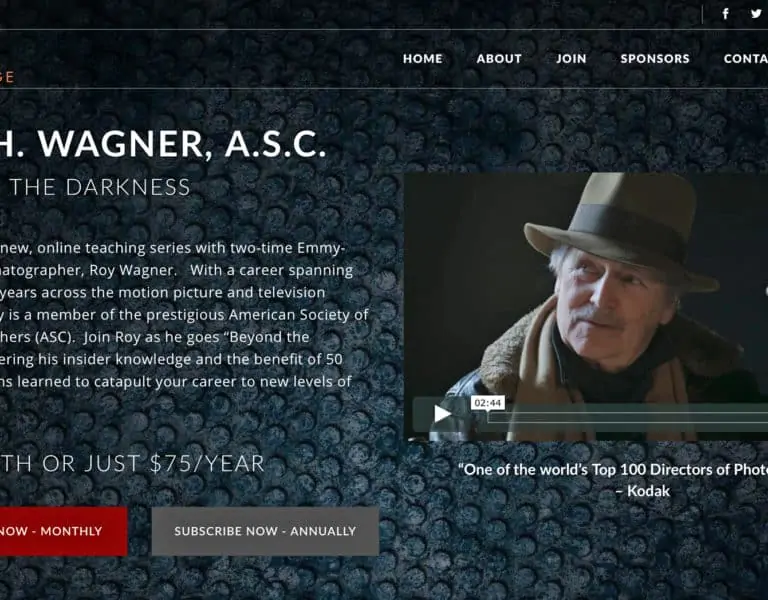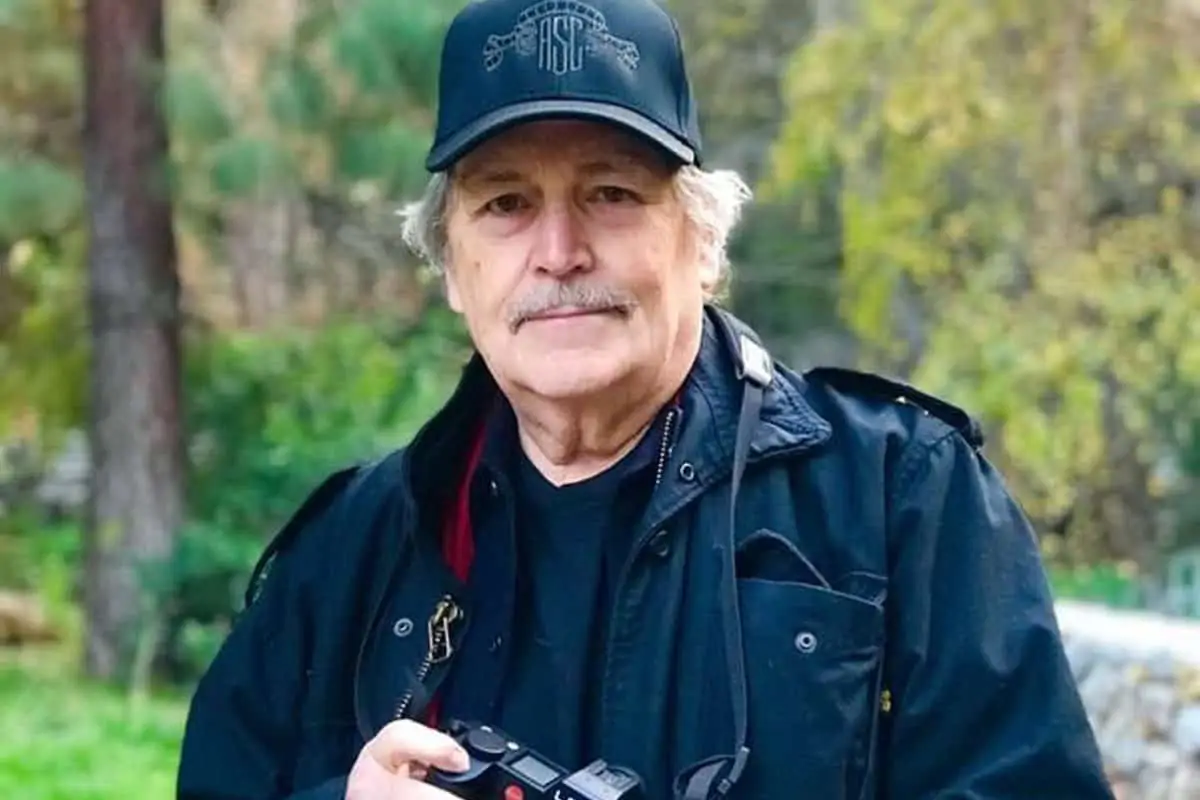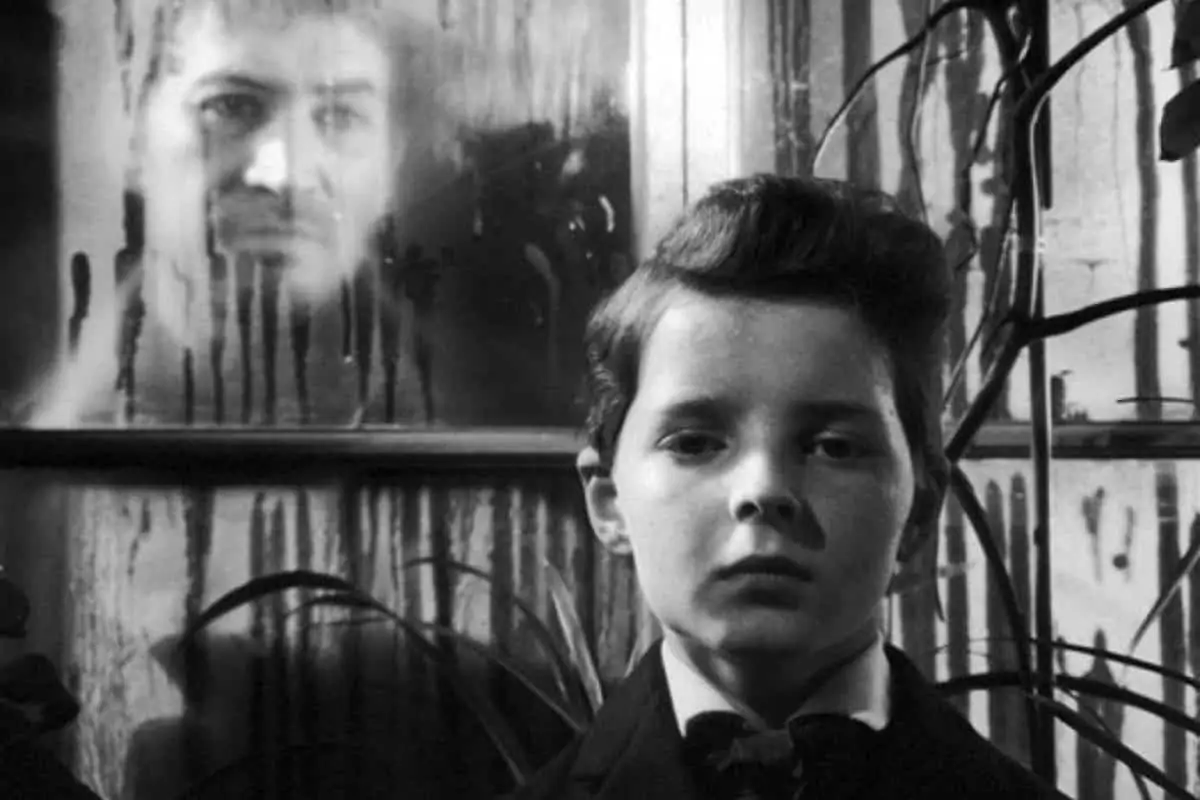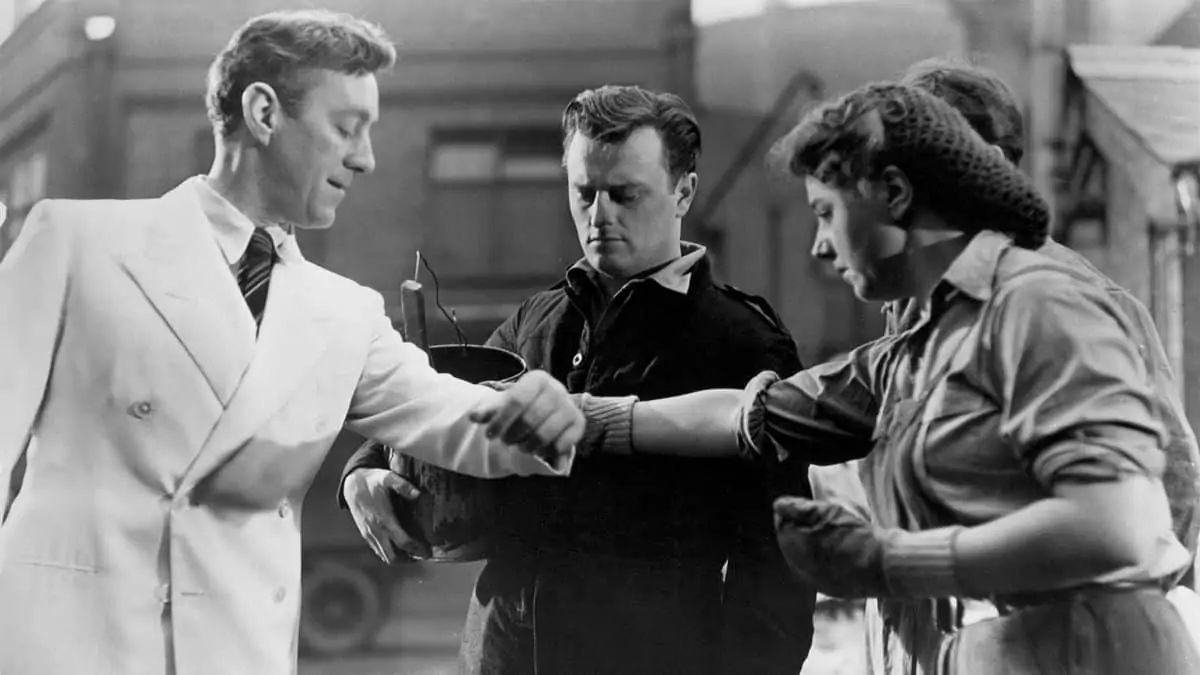Embrace Diversity
Letter From America / Roy H Wagner ASC
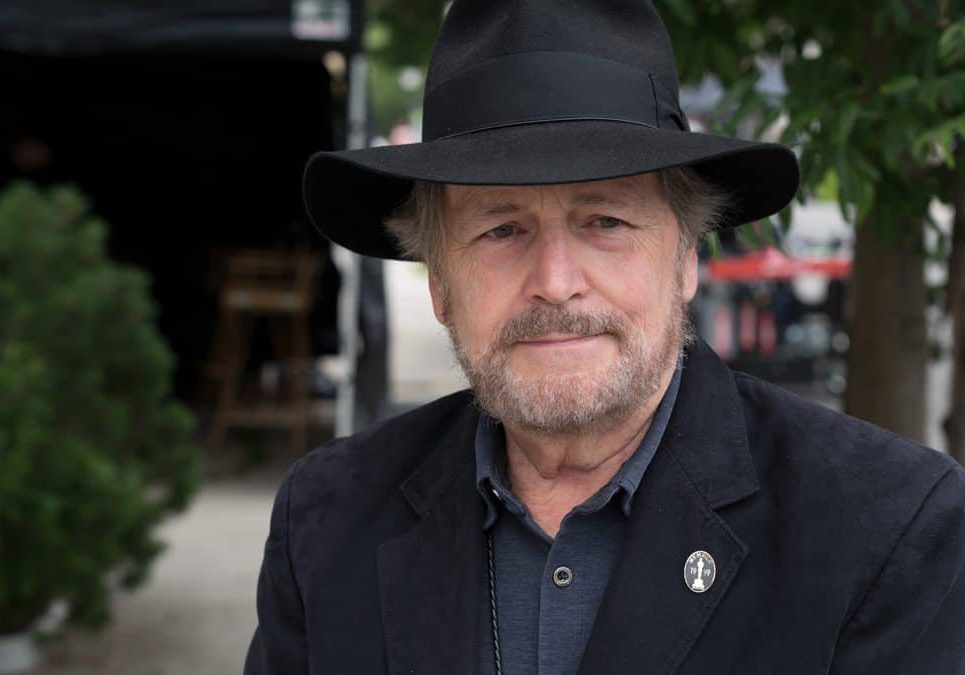
Embrace Diversity
Letter From America / Roy H Wagner ASC
Roy H. Wagner says the art of cinematography and storytelling in film becomes all the more rich and rewarding through inclusion and diversity.
Diversity. This word has greater meaning today than ever. It can suggest many different things based upon the conversation. Are we speaking of racial, gender or sexual disparity? In recent years commercial arts, especially filmmaking, has offered a poor representation of diversity internationally.
Filmmaking has never been an easy business to "break into". Every portion of the community has a sect that attempts to protect itself. For too many years entry was virtually impossible. One needed to be vested, certified or have a family connection.
Opportunity could be negated based upon where you lived, or where you went to school. Every month production executives would have a seemingly innocent breakfast, when they would review lists of those who could continue in their profession or who could make application. If you didn't make the list you were out, without any notification of what you might have done, nor how you might repair that relationship. It's an ancient problem mostly based upon self-preservation and fear.
I contend that any blacklisting or segregation deeply affects the quality of our art. Isolationism seals any system into fixed ideas that might seem righteous in the beginning, but rapidly unravels when encased without outside influence, ideas or dissent. Our art has stagnated because we have practiced elitist isolationism. We somehow believe we are divinely elevated above others. That is why our art has become less unique and with little outside influence.
We speak of the American theatre or Hollywood films without recognising the diverse provinciality that has imbued that historical storytelling. It's sadly laughable that we consider Frank Capra as one of the great American filmmakers without the knowledge of his international roots (he was born in Sicily), and how that influenced the choices he made. How about William Wyler, Ernst Lubitsch (both born in Germany), or Alfred Hitchcock (East London)? They are certainly amongst the greatest of American filmmakers, but very few would recognise those filmmakers' heritages, or the legacies of their families, and how all that must have inspired their expression or unique storytelling.
I've often found it curious that "newly-minted", that is brand new citizen Hollywood filmmakers, refuse to embrace fellow immigrants. Who could imagine the great American classic On the Waterfront (1954) or Yankee Doodle Dandy (1942) were created by Michael Curtiz, a man who could barely speak "American", or the gay men and women who created films about "conventional" homes and families? As we beg to make America great once again are we suggesting that we need a greater influx and influence of diverse storytellers? I don't think that's what these isolationists mean, placing them into the most elevated cult of elitists that the world has ever known.
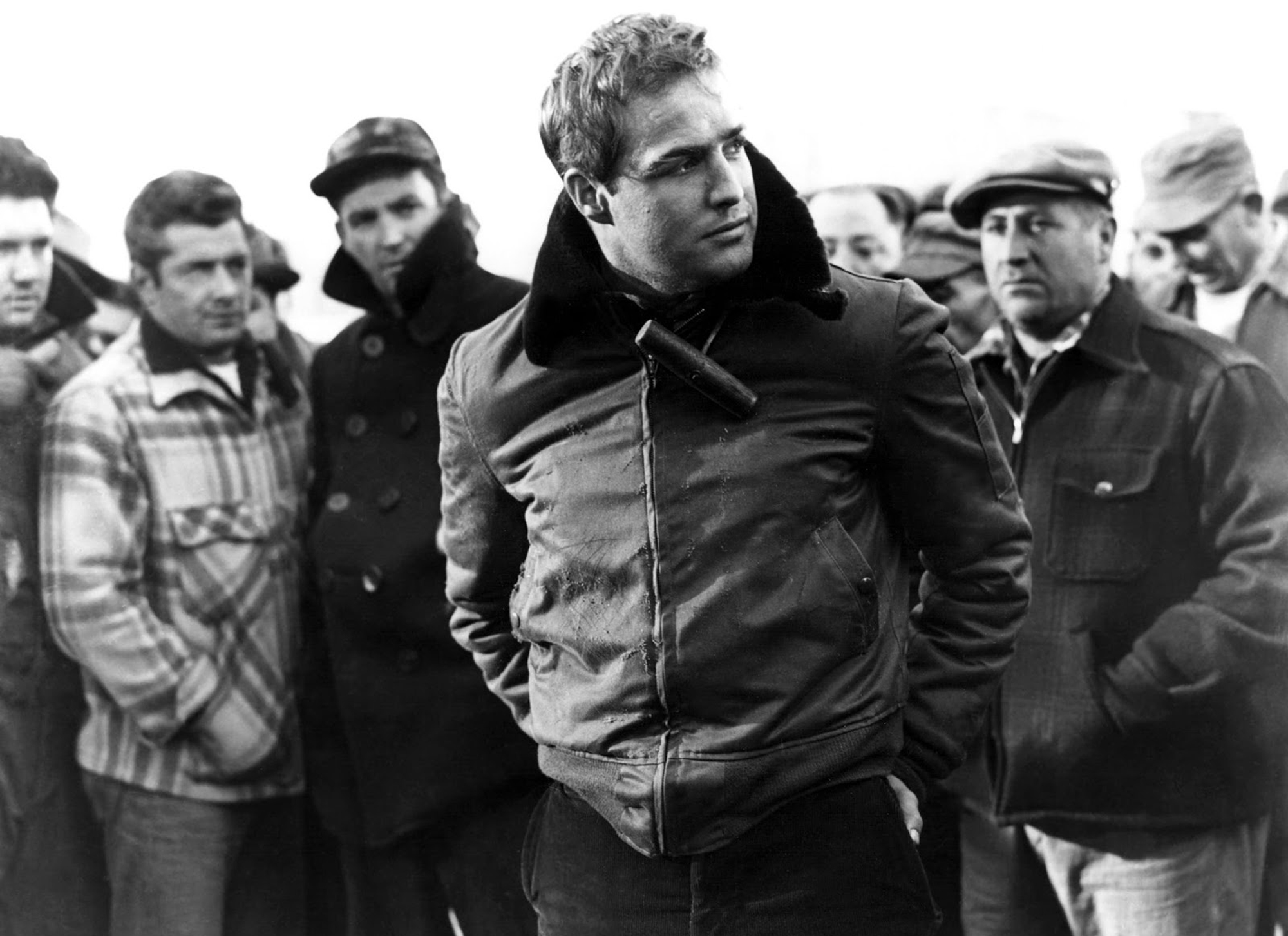
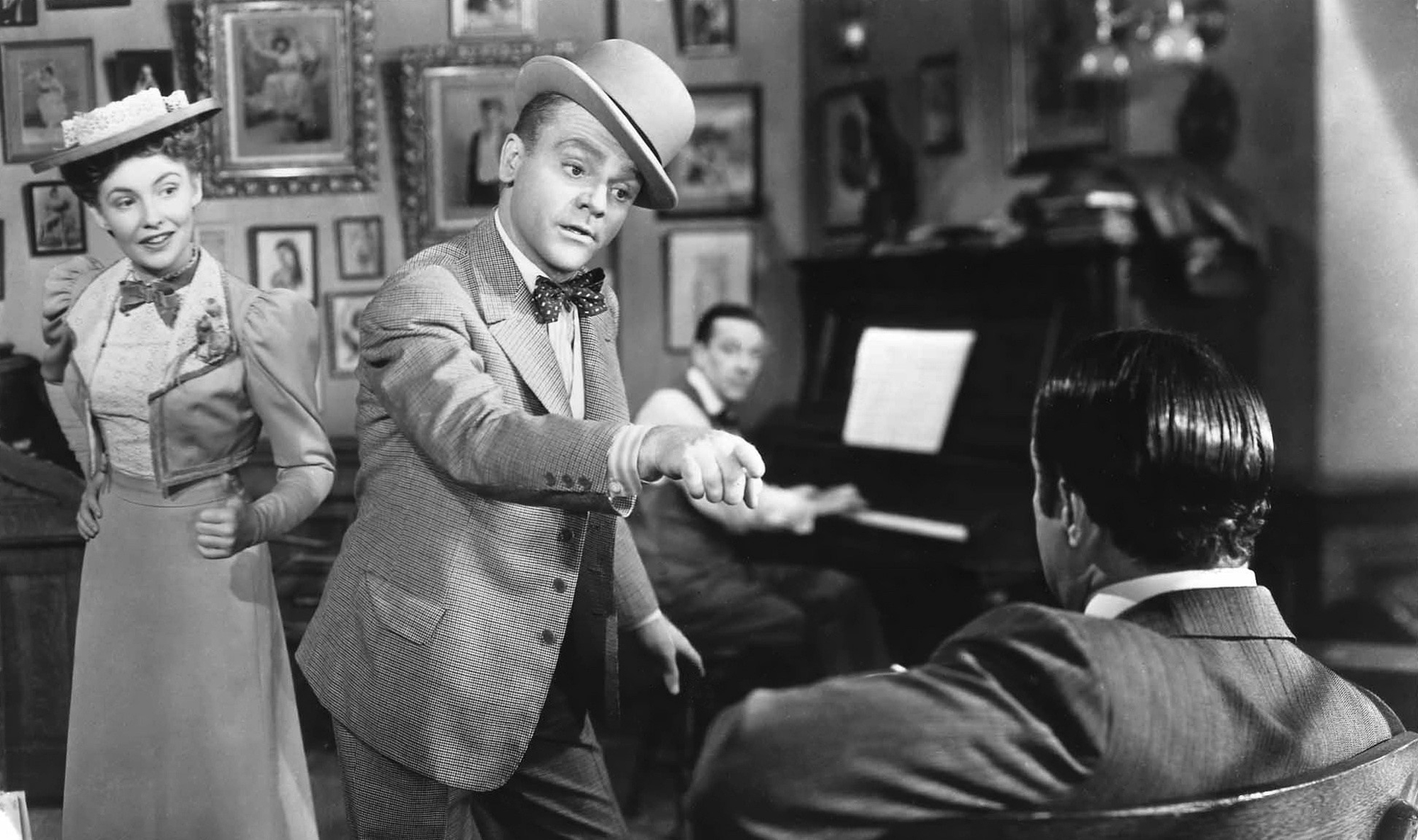
Countless modern "masterpieces" are seldom nothing more than derivative clones or previously successful films. We're so desperate for art that touches or inspires that we acquiesce and reluctantly embrace art that might attempt to duplicate a great film, play or television series from our past.
Why then not have an open mind and allow the provincial voices from a greater diversity of communities, with different political, spiritual, moral, racial or gender backgrounds? Many of our most unique and most sought-after modern films come from these groups. Our studios can't create their success, but they certainly leap at the opportunity to distribute these modern classics. These independent minds are not remaking a classic but creating their own modern "classics", much as Ernst Lubitsch, Preston Sturges, Billy Wilder and countless other immigrants did. Escaping tyranny in their own countries, hoping to find safety here, they found a new art form to tell their unique stories. Indeed, many of these more diverse filmmakers have the opportunity to reintroduce us to the magic of storytelling.
Aren't we curious why people make the choices they make? We used to be. Are we so terrified by divergent thought that we negate cultures that we seemingly have nothing in common with? We would never have seen A Streetcar Named Desire (1951), Who's Afraid Of Virginia Woolf? (1966), nor countless other un-American films, if we had become as socially homogenous as we've become.
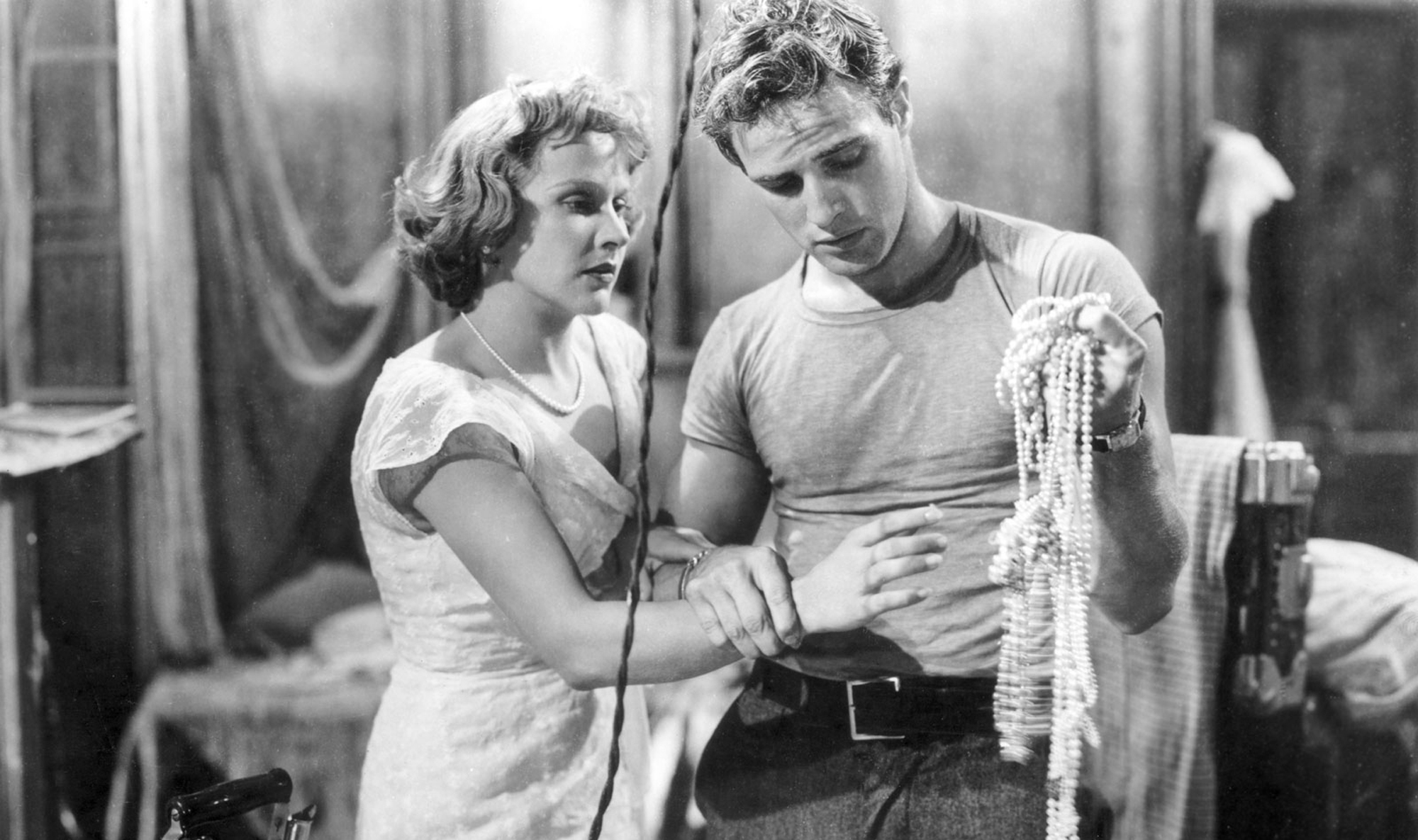
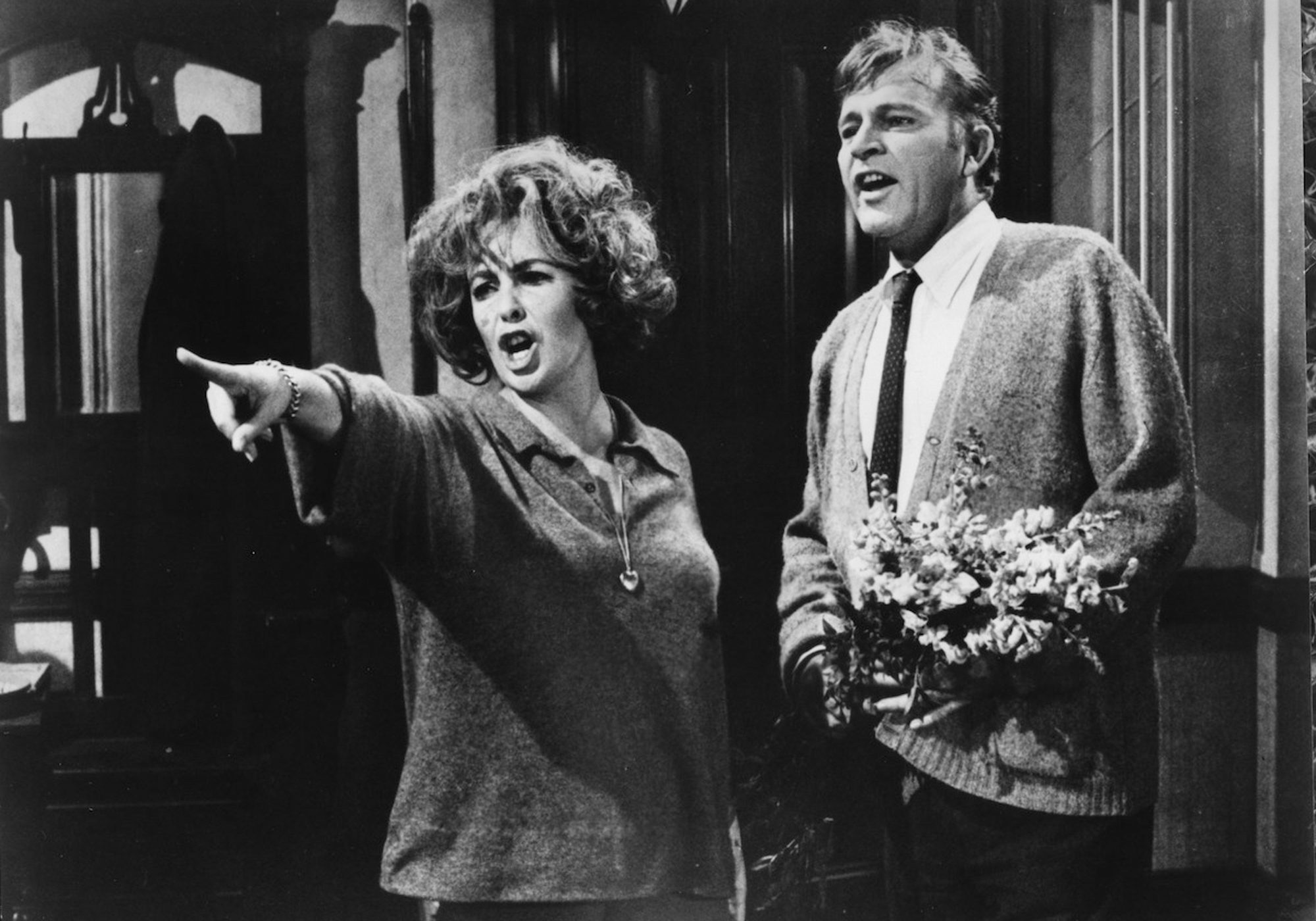
We have also forgotten that women had a strong influence on early American art and that counter-culture created some of our finest books, plays and films. Indeed, there was a more embraceable environment for outside thought with directors such as Dorothy Arzner, Ida Lupino and Louis B. Mayer's secretary, Ida Mae Koverman, who influenced more careers than anyone at Metro Goldwyn Mayer. Film editors such as Blanche Sewell and Margaret Booth rescued and defined the films of many great studios. Anita Loos and Dorothy Parker were amongst the most respected authors and playwrights in the world. So many nameless vagabonds gathering in awkward groups told tales of places and of customs that were beyond our principled world, and yet we listened. We watched. It collectively informed our style, manners, traditions and methodology.
And now we can see the future. We can either have whatever future or past we wish. Nothing stands between us and expression, except myopic intransigence. We must embrace new thought - filmmakers with diverse racial, sexual, religious and moral backgrounds - if we are to begin to understand who we were and how we must be. It's critically important, because the invention of easy access to every corner of the world has made us hopefully more inclined to listen, willing to grow, willing to embrace.


